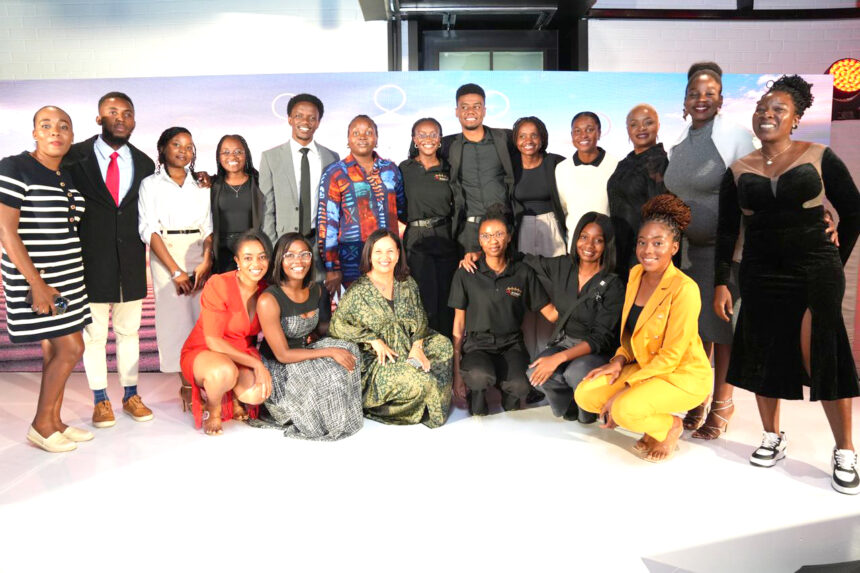Broadcaster Elago Shitaatala said one of the biggest challenges facing journalists when reporting on gender-based violence (GBV) is finding credible and reliable sources. This is because survivors are not willing to share their stories out of fear of victimisation and stigmatisation.
Shitaatala hosts the ‘In the Community With Elago’, a show that is aired on the Namibian Broadcasting Corporation, which amplifies the voices of Namibians on matters of national interest. It covers a variety of issues, including GBV and sexual reproductive health rights. “Many survivors worry about being judged, blamed or facing retaliation for speaking out. There’s a deep-seated fear that society will hold them responsible for the violence they endured, which makes it difficult to get first-hand accounts. “As a journalist, I must constantly work on creating a safe and trusting environment where they feel empowered to share their experiences and understand the impact that storytelling can have in breaking the silence around these issues,” she reflected.
The Windhoek-born television producer is one of the winners of the One Economy Foundation (ONE) Media Awards that were held last Friday in the capital for the episode ‘Voices Against Gender-Based Violence’.
“For that episode, I visited the Windhoek Correctional Facility, and interviewed inmates. There, I spoke to men who had taken the lives of their partners due to GBV, and others who were there for rape. They spoke from a place of deep regret, reflecting on their actions with remorse and newfound awareness,” she said.
Shitaatala added that as a journalist, it was incredibly difficult to sit across with someone who had committed such an act, listen to their story, and engage with them without judgement.
“It required me to step back from my own emotions and approach the interview with objectivity, recognising that these individuals had undergone rehabilitation, and were now using their experiences to educate others.
Navigating these challenges, whether through creating safe spaces for survivors, pushing for better data access or managing my emotional responses is an ongoing process because these are stories that need to be told. I believe that through responsible journalism, we can play a role in shifting mindsets and driving meaningful change,” she said.
Shelleygan Petersen concurred with Shitaatala on the notion that despite the challenges journalists face when covering such sensitive matters, these stories need to be told.
In addition, the fight to inform the nation must continue. Her piece ‘Workplaces fail nursing mothers’ won her an award. She said the reporting around sexual and reproductive health rights often focuses on the sexual aspect, such as contraceptives, sexually-transmitted diseases and abortion, which are aspects that inspire her to keep covering the topic. “However, the reproductive component, including prenatal and postpartum care as well as the impact of workplace stress on reproductive health, receives insufficient attention. This area is just as pertinent and essential to women, yet it is not prioritised,” said Petersen.
Head of communications at ONE Ileni Hitula said as a foundation, they are truly ecstatic to host an event exclusively dedicated to the media, as they deeply value the critical role that media plays in shaping public perception, influencing policy discourse and driving awareness on issues such as GBV, reproductive health and now mental health.
-psiririka@nepc.com.na


